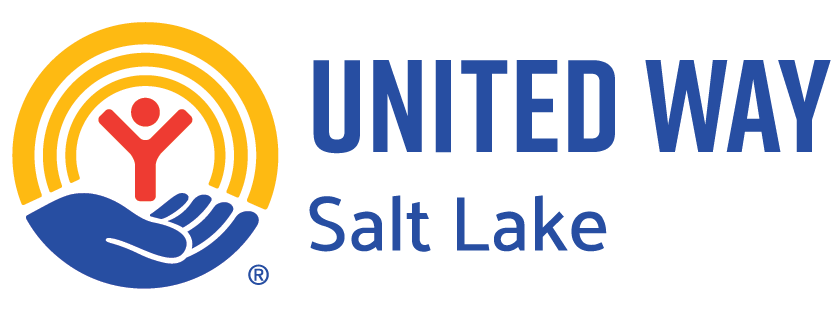 by Maribel Rodriguez
by Maribel Rodriguez
United Way Oquirrh Hills Elementary Community School Director
Oquirrh Hills Elementary School, along with several other schools in the Granite School District, have implemented an efficient new format to what used to be the Parent/Teacher Conferences (SEPs). Unlike the traditional parent/teacher conferences, Academic Parent Teacher Teams (APTT), engages parents in their child’s progress in new ways!
Mrs. Austin, a 3rd grade teacher at Oquirrh Hills Elementary, was putting the finishing touches on students’ folders. As it got close to 4:30 p.m., the hallways at Oquirrh Hills were crowded with parents who were anticipating learning about the progress of their students. Parents rushed into Mrs. Austin’s classroom and sat down. They opened up their folders to find two sheets of data, as well as an activity sheet. Along with their folder, parents received a gallon zip-lock bag with their activity materials.
Once the session began, Mrs. Austin welcomed parents and assured them the session would be a very informative and create a fun learning environment. There was a two minute explanation of the math activities they would learn, and then take home to practice with their kids. Within two minutes of practicing, you could hear bursts of laughter and chatter throughout the room as parents practiced with other parents. Their faces lit up with eagerness about practicing this at home. “I can even re-learn some of this myself…as an adult I sometimes forget the times tables,” Mr. Garcia mentioned to me as we played.
Once the parents had practiced all three multiplication and division-focused math activities, it was time for data! Parents usually rely on teachers to get them a certain number or grade for their student to see how they’re progressing for the quarter. The big difference with APTT is that parents learn to interpret the data that is broken down by their students’ teacher. Each student is measured on a scale of improvement that starts from the first APTT back in October, up until now. The best and most important part is that parents are able to find a number assigned to their student (in order to mask confidentiality of their name) and look at the overall data of where their student falls within all of their classmates. This is proven to be critical, because the parents then get to make the connection between their student’s progress with a certain unit of math, and how they fare in comparison to their classmates.
At the end of the first K – 3rd grade session, parents learned ways to engage their child in learning AND also learned how invaluable it is to read the data needed to track their student’s academic progress – a winning formula!



